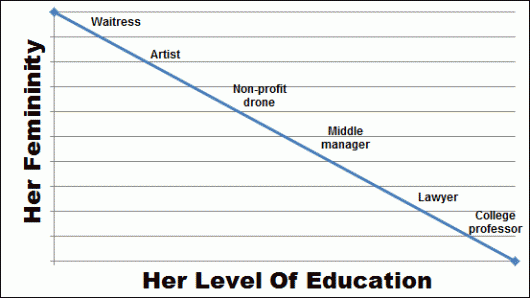My labwork is finally starting to work after months of troubleshooting and more months of planning! This is the first positive feedback I’ve had in grad school since I passed my general exam a year ago!
I’ve had my first straight week where I’ve felt “okay” instead of the crippling hopelessness, worthlessness, anhedonia and despair of severe depression!
I’m home with my family to celebrate my mom’s birthday and also get to hang out with my best friend that I’ve known since first grade!
But most of all…
My mom’s cancer marker levels are officially in the normal range and she only has three more chemotherapy sessions left!
WOOOOOOOOOOOOOOOOOOOO!!!!






